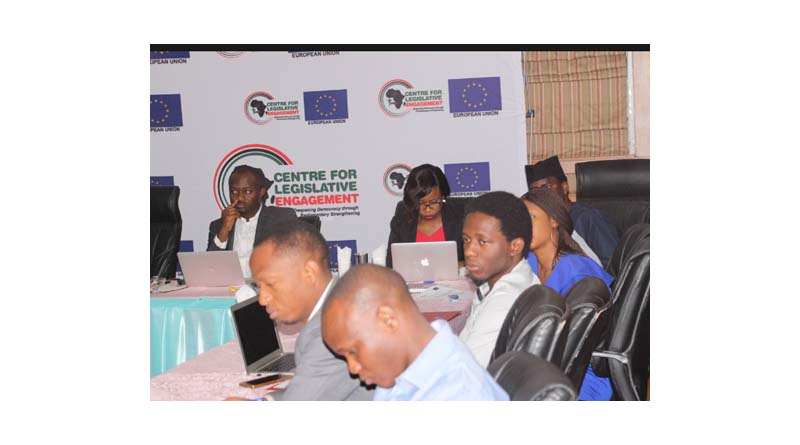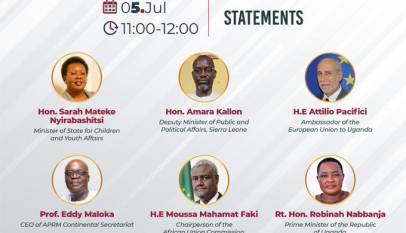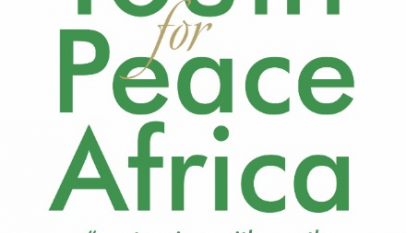“Youth-responsive budgeting indispensable for achieving youth inclusion in Nigeria”
Youth-responsive budgeting is indispensable, if Nigeria is truly desirous of reducing inequality and harnessing the enormous potentials that exist in its vast youth population, says Ibrahim Faruk, senior programmes officer at the Youth Initiative for Advocacy, Growth and Advancement (YIAGA), Nigeria’s leading youth-focused nonprofit.

Faruk, who was speaking at a youth round-table discussion on youth-responsive budgeting organized by YIAGA’s Centre for Legislative Engagement (CLE) in collaboration with the European Union at Abuja on Tuesday, decried the fact that Nigerian youth had been “relegated to the background when it comes to budgeting [processes] despite our huge youth population. The percentage allocation to youth development is very poor; youth are a huge resource and should be given priority by ensuring budgets respond to the need of young people, in a more intentional way.”
He also decried the fact that were no consultations with Nigerian youth by policymakers before coming up with youth empowerment programmes of Ministries, Departments and Agencies (MDAs) in the country and the fact that such programmes were not well coordinated and there was lack of coordination as well as proper monitoring for such programmes, between MDAs.
“Youth-responsive budgeting is a central means to ensure that youths obtain equitable outcomes from development processes. There can be no meaningful youth budgeting without a proper consideration of the legitimate needs of youths and adequate allocation of resources towards achieving targeted outcomes,” says Faruk
He said by ensuring youth-responsive budgeting, Nigeria would be reducing inequality and achieving “more equitable distribution of resources and equal opportunities for all the different groups in society, in accordance with Goal 10 of the UN’s Sustainable Development Goals (SDGs).”












